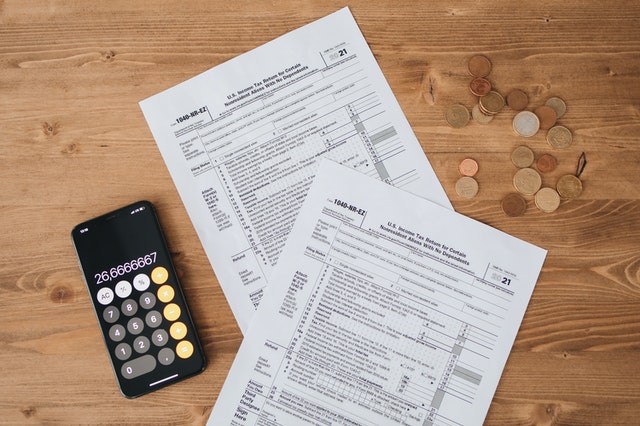Is a Roth IRA Conversion Right for You?

People typically make financial decisions based on taxes, either lowering or avoiding them. While some financial choices are inconsequential when weighed against tax incentives, retirement investing is not. When and how you pay taxes on retirement savings depends on the type of account you have and when or how you choose to withdraw or invest the funds.
A traditional IRA does provide tax deductions on contributions and tax-free growth; when you withdraw the funds, you will need to pay taxes. However, with a Roth conversion or a backdoor Roth IRA, you can avoid some tax issues. Still, as with any financial decision, there are pros and cons.
The Roth IRA Conversion

In 2010, the federal government changed specific financial laws, permitting the conversion of traditional IRAs to Roth IRAs. The government also eliminated income requirements. While an initial investment in a Roth IRA required a modified adjusted gross income of more than $208,000 for married couples and $140,000 for individuals or heads of households, there are no longer such limits for people converting from a traditional IRA, which most investors see as advantageous, but you should never jump to conclusions.
[insert page='Offer' display='content']
The Advantages of a Conversion

The primary reason people prefer a Roth IRA to a traditional IRA is the tax savings. While initial contributions are taxed, investors will experience actual tax-free earnings. Once you pay taxes on the initial contribution, you are never charged taxes again, even when taking your money out, if you take a qualified distribution.
Some people get anxious about contributing to a Roth IRA because they cannot know future tax rates and worry that paying upfront taxes will cost them more. However, with a traditional career trajectory, investors will likely be in a higher tax bracket when they withdraw their money than when they invested it, meaning more than likely a Roth IRA presents a tax-saving solution.
Because you pay taxes on contributions before investing them into the account, a Roth IRA presents another benefit: you can withdraw your contributions at any time, regardless of the reason, tax-free. However, remember that you cannot grow your money if it is not in the account; additionally, you cannot remove earnings whenever you like, only contributions.
The Disadvantages of a Roth Conversion

A significant disadvantage of converting to a Roth IRA from a traditional IRA is the tax bill. Remember, a Roth IRA requires you to pay taxes on your contribution immediately. Assuming you are in a 24% tax bracket and converting a traditional IRA of $100,000 to a Roth, you can expect to pay $24,000.
The taxes now versus later is the primary issue when weighing the pros and cons of conversion. If you believe you will be in a lower tax bracket later, a traditional IRA might be best, but most people end their careers in a higher tax bracket than when they started, meaning a Roth is best.
The decision is also complicated when you have multiple IRA, SIMPLE IRA, or Simplified Employee Pension balances. Maintaining multiple retirement accounts complicates the tax issue because you must make challenging computations involving the aggregate untaxed balances and taxed accounts.
Age can also play a factor in the conversion decision. If you are not 59 ½ years old, you will need to keep contributions in your account for five years, and you cannot touch the money until after you reach that age. If you take money out early, you face penalties and tax charges.
A Roth conversion is the right move for many people, but not all. Is it right for you?
